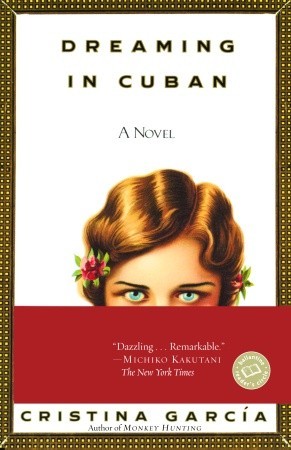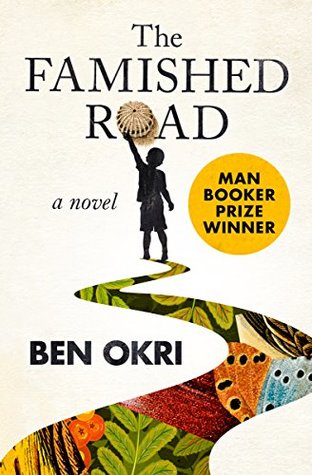'Frost-demons have no interest in mortal girls wed to mortal men. In the stories, they only come for the wild maiden.'
In a village at the edge of the wilderness of northern Russia, where the winds blow cold and the snow falls many months of the year, an elderly servant tells stories of sorcery, folklore and the Winter King to the children of the family, tales of old magic frowned upon by the church.
But for the young, wild Vasya these are far more than just stories. She alone can see the house spirits that guard her home, and sense the growing forces of dark magic in the woods...
Goodreads description
I read Katherine Arden's novel in my Czech house, while outside some ice crystals like diamonds glistened on the deep pristine snow and others lined the boughs like white daggers. This is a country in which the Slavic spirits of the lakes, trees, thresholds and household stoves, still feature in popular culture. At the mill a few miles from my home they will burn an effegy of the Winter Goddess, Morana, to chase away winter.
The Bear and the Nightingale is set in medieval Russia when the old Slavic gods and spirits were still very much part of everyday life and beliefs and the Orthodox church struggled to wean its followers off their pagan beliefs. This battle is at the heart of the book. When the priest attempts to turn the people from honouring the spirits who protect them, he brings disaster on their houses. The heroine, Vasya, who not only honours the old ways but actually sees the spirits around her, must seek the help of the Winter King. This sort of cultural clash is the stuff of magic realism, but I am not sure I would describe this book as magic realist.
Over on the Magic Realism Books Facebook Group we were recently having one of our regular discussions about definitions and genre and this book is a good example of how difficult it is to pigeonhole a book. This is in a way a novel in three parts and genres. The first part is straight historical fiction, the second magic realism and the third - fantasy. It is perhaps best defined as fairytale.
Vasya's problems take a turn for the worse when her father remarries and introduces a stepmother, who like Vasya can see the household spirits but unlike Vasya believes them to be devils. The stepmother character, although a fairytale archetype, is treated with understanding and indeed sympathy, and shown to be a victim of a society in which women are treated as no more than brood mares by their relatives, to be traded and married off without any say in the matter. Vasya is potentially also a victim of the same prejudice, but she is the wild girl of the description, both more modern and more pagan.
One of the strengths of the novel is Arden's writing, which is powerful and poetic. The story builds slowly, but that is no bad thing, although it did make the climax feel rather rushed. It is good therefore that this is the first book in a trilogy, as I am sure many readers will be left wanting more of the feisty Vasya.
I received this novel free from the publisher in return for a fair review.
Vasya's problems take a turn for the worse when her father remarries and introduces a stepmother, who like Vasya can see the household spirits but unlike Vasya believes them to be devils. The stepmother character, although a fairytale archetype, is treated with understanding and indeed sympathy, and shown to be a victim of a society in which women are treated as no more than brood mares by their relatives, to be traded and married off without any say in the matter. Vasya is potentially also a victim of the same prejudice, but she is the wild girl of the description, both more modern and more pagan.
One of the strengths of the novel is Arden's writing, which is powerful and poetic. The story builds slowly, but that is no bad thing, although it did make the climax feel rather rushed. It is good therefore that this is the first book in a trilogy, as I am sure many readers will be left wanting more of the feisty Vasya.
I received this novel free from the publisher in return for a fair review.


